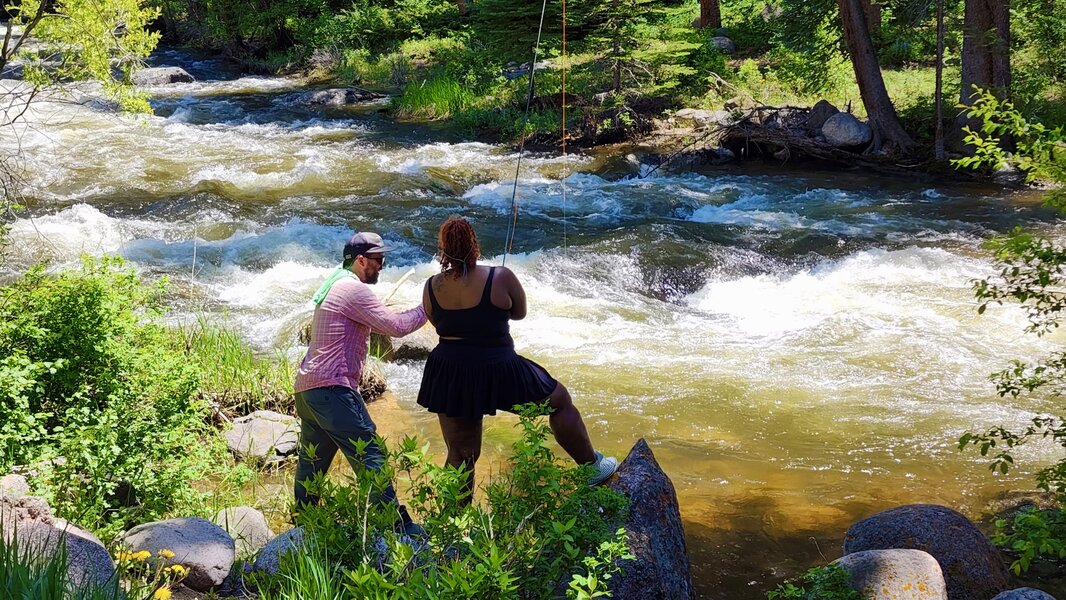In recent years, the conversation around outdoor recreation has shifted towards inclusivity and equal access. Many advocates argue that outdoor spaces, parks, and natural reserves should be available to everyone, regardless of socioeconomic status, race, or physical ability. Historically, marginalized communities have faced barriers that limit their participation in outdoor activities, leading to a lack of representation and opportunity.
Efforts are underway across various regions to address these disparities. Initiatives include expanding public transportation options to reach remote natural areas, developing accessible trails and facilities for individuals with disabilities, and implementing community outreach programs to encourage diverse participation. These measures aim to dismantle the systemic obstacles that have historically excluded certain groups from enjoying outdoor recreation.
Environmental organizations and policymakers are increasingly recognizing that inclusive outdoor access is not just a matter of fairness but also essential for fostering a broader appreciation of nature and promoting public health. Studies have shown that outdoor activities contribute to mental well-being, physical health, and community cohesion. Therefore, ensuring equitable access benefits society as a whole.
However, challenges remain. Funding constraints, urban development pressures, and societal biases continue to hinder progress. Some communities still lack safe, welcoming outdoor spaces, and there is ongoing debate about how best to allocate resources to achieve true inclusivity. Advocates stress the importance of community-led planning and listening to the voices of those most affected by these disparities.
In conclusion, the movement to make outdoor spaces accessible to all is gaining momentum. It calls for concerted efforts from government agencies, nonprofits, and local communities to create environments where everyone can enjoy the outdoors. Recognizing that the outdoors belong to us all is a vital step toward building a more equitable and inclusive society.
